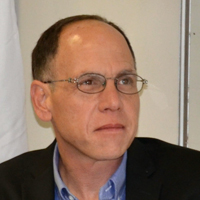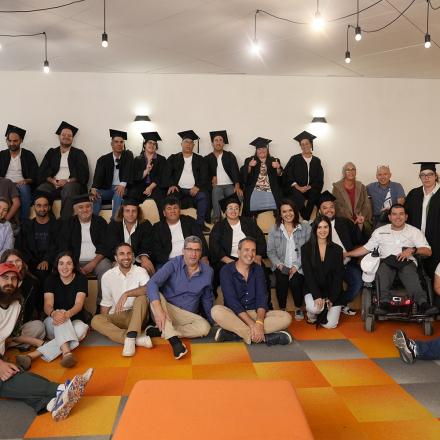Sapir in the Washington Post: Cyber Security and Privacy

Dr. Michael Dahan, faculty member of the Departments' of Public Policy and Communications at Sapir may not wield a lance, but the dragon he’s been fighting should be of concern to us all. The Washington Post and the Times of Israel quoted him extensively over the recent NSO scandal. Technology has developed “faster than the public’s ability to comprehend the degree of invasion of privacy,” he warned, after journalists revealed that Pegasus, the NSO’s powerful cyber surveillance program, had been used to spy on Israeli citizens. Dahan, for one, was not surprised. Together with colleagues at the University of Toronto, he began researching the invasive capacities of NSO early on. Their findings were later used in an expose by the Guardian and 16 other news organizations last summer showing that authoritarian governments had used Pegasus to spy on human rights activists. For Dahan, NSO is just the latest instance of an ever evolving threat. In 2013 he warned that methods of surveillance and control deployed by Israel in the Gaza Strip would seep into Israel proper. And in a 2016 article he described how protest movements fall victim to social networks controlled by commercial interests that “restrict and shape the discourse.” Dahan works behind the scenes, but his thinking is way ahead of the curve. He now calls for a moratorium on surveillance technologies like Pegasus, which authorities may find “just too easy not to use.” As information technology becomes ever more invasive, it is important now than ever to remain vigilant.
More News
Empowering the Future

